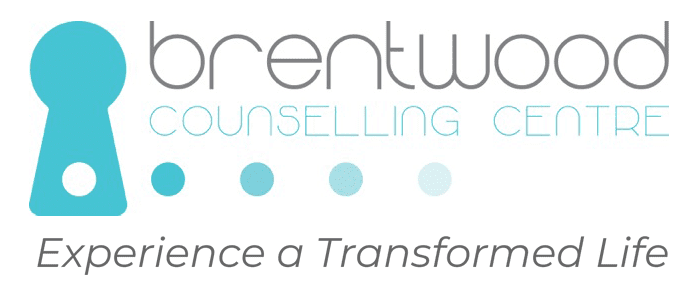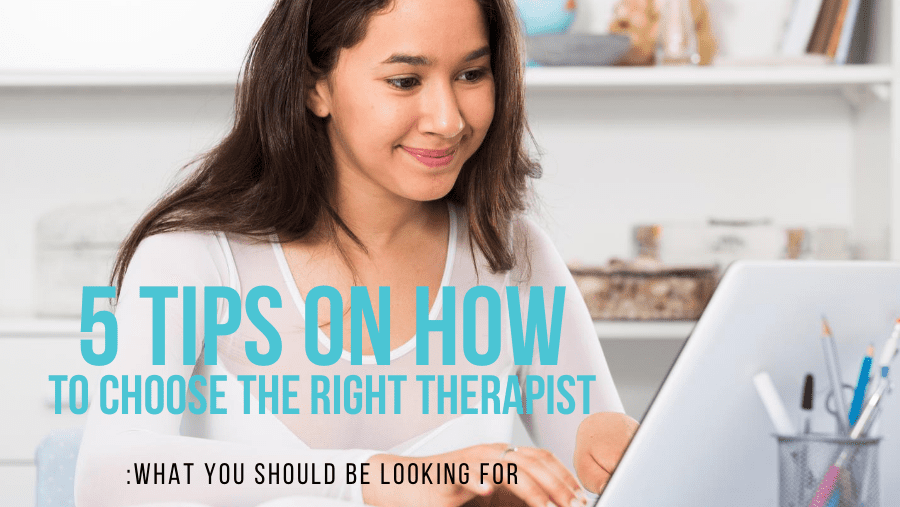It’s a daunting task trying to find the right therapist. There are so many out there, how do you know which is right for you?
Here are 5 tips on how to choose the right therapist. It might take a bit of time to do your research, but once you find the right person, it will be worth the effort.
- Start by doing research in the area that you are seeking help in
A good place to start is to search for therapists who practice in the area that you are seeking help in. Common areas of concern may include couple’s conflict, relationship issues, trauma, grief, and struggles with anxiety, depression, and self-esteem.
Find a location close to you. if you think it will be difficult for you to get to your therapist, you’ll probably be less likely to make your appointments, especially when you’re not feeling well.
Think about other preferences/factors that are important to you or will make you feel most comfortable. For instance:
- Do you prefer a male or female therapist?
- Do you prefer someone with a particular worldview or religion?
- Do you have a language preference?
When you’ve selected a therapist, you may want to set up a short consultation. There are some therapists who will provide a free 10-15 minutes phone consultation. You can always consult with more than one therapist, in order to find the right fit.
- During the first counselling session, ask questions and get a sense of your therapist
During the initial counselling session, you may be asked to sign a confidential agreement and/or client forms (ask the therapist if you need to arrive earlier to go over these forms.) Some therapists may ask you to fill these forms online prior to your first session.
Consider the first session as a “trial” session and give yourself time to think about the conversation. It is a good idea to ask important questions or address concerns that you may have. This is also a good time to think about the following:
- Do you feel comfortable speaking with the therapist?
- Do you get a sense that you will be able to trust her/him?
- Do you like the way in which she or he speaks to you?
- Is she/he a good match personality wise?
- Does the atmosphere feel right to you?
- Are your needs being understood and addressed?
- Does she/he behave in a professional manner?
Remember that in order to make therapy work for you, you need to feel comfortable with and trust your therapist. You need to feel safe to share difficult conversations and intimate secrets with this person.
- Ensure that the therapist has met specific educational and training criteria in his or her area of practice
There are different kinds of therapists who are qualified to provide therapy. Ensure that the therapist has met specific educational and training criteria in his or her area of practice, have clinical competence, field experience, and is registered for practice.
Registered Clinical Counsellors have a master’s degree. They are registered and trained to help clients improve their lives, develop better cognitive and emotional skills, reduce symptoms of mental illness and cope with various life challenges.
Most psychologists have a doctoral degree and are trained in both psychotherapy and psychological assessment. They are qualified to treat and diagnose mental illnesses, in addition to providing psychotherapy.
Psychiatrists are doctors who specialize in psychiatry. They are qualified to evaluate and treat mental illnesses and prescribe medication. They typically do not provide psychotherapy.
Many therapists will have additional training in their areas of practice, such as couple therapy, family therapy, trauma, or child therapy.
Make sure the therapist holds a current registration and is in good standing with their governing board. Regulatory governing boards vary by province and profession.
- Make sure you understand the cost and use of an extended health plan
Therapy is an investment. The cost per hour will depend on the therapist’s level of education, years of experience, and areas of expertise.
Some extended health plans provide coverage for counselling with a Registered Clinical Counsellor, whereas most extended health plans provide coverage with a Registered Psychologist. Psychiatry is covered under MSP. You will have to contact your extended health provider to see the specific coverage available to you.
If you have coverage but your therapist does not do direct billing for extended health providers, you may be asked to pay up front and submit your official receipts to your insurance provider for reimbursement.
- Follow your intuition
In the end, you need to remember that the relationship with your therapist can last from days to years (depending on the issues you are facing). Therefore, you need to feel comfortable with your chosen therapist. After a couple of sessions, you should get a sense that this particular therapist is going to work well with you. You may need to see more than one therapist before you find the right fit, and this is okay.
Trust your intuition, a therapist can have the right credentials and many years of experience in their field, but if you can’t open up to them, you may need to continue your search until you find the right one.
To search for a therapist in British Columbia, Canada, you can visit:







